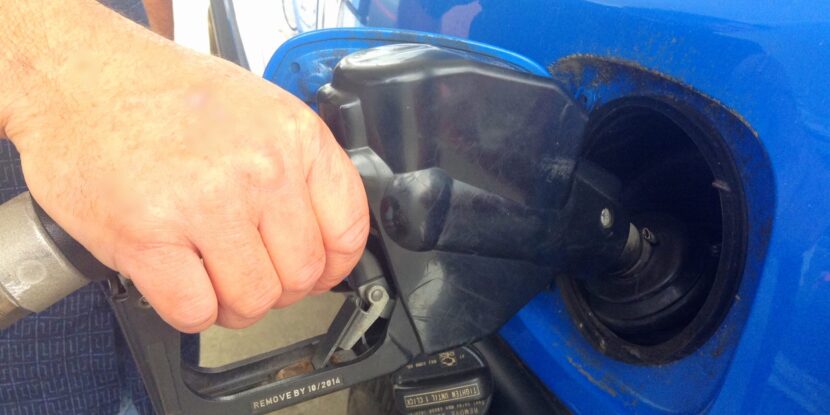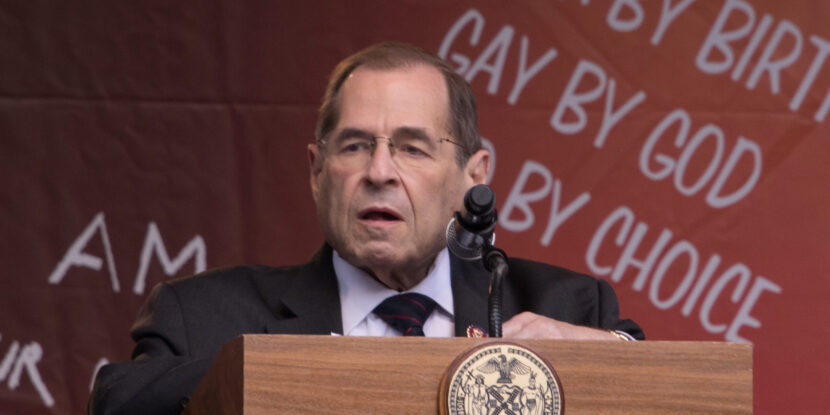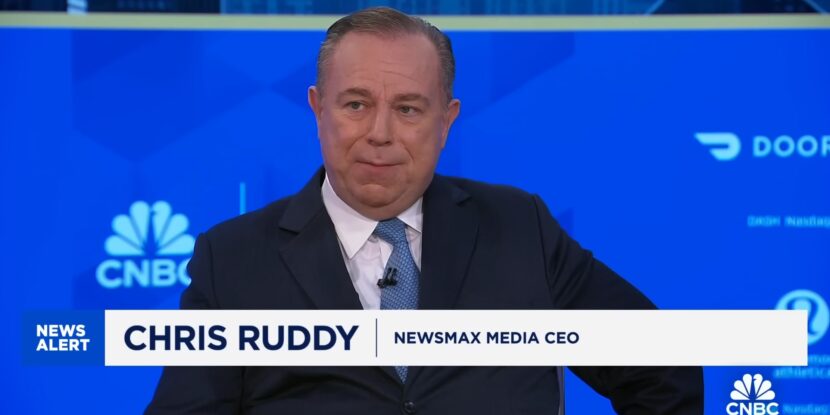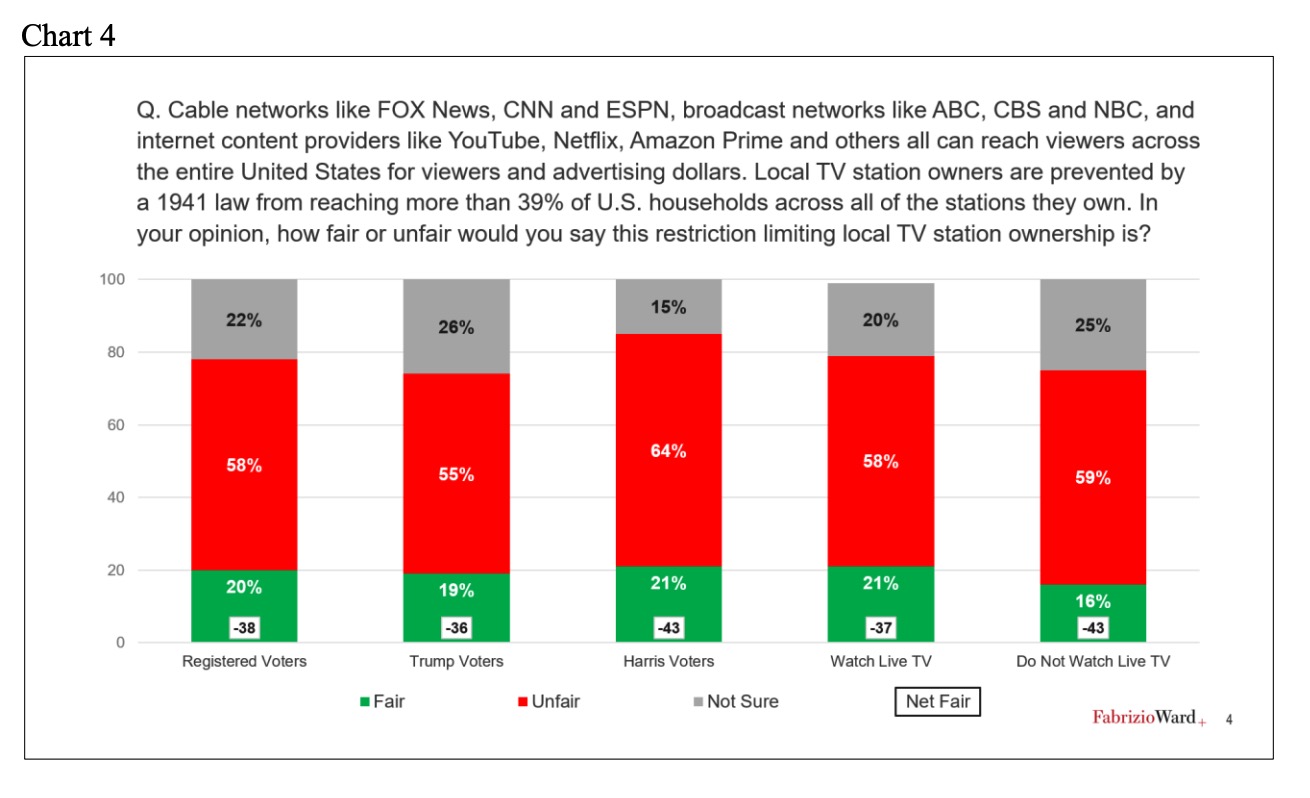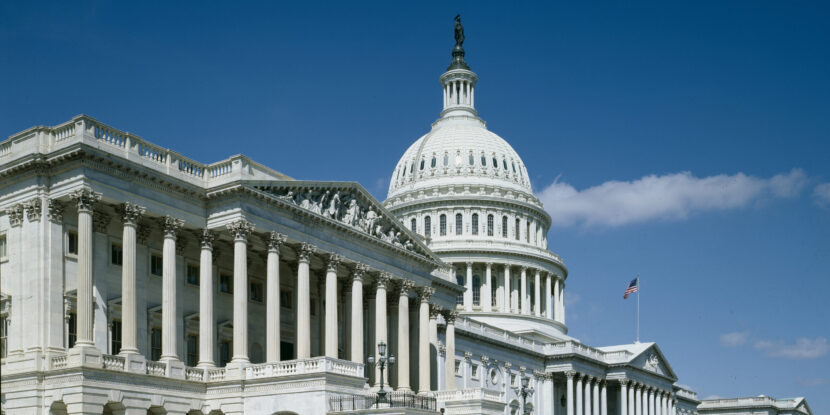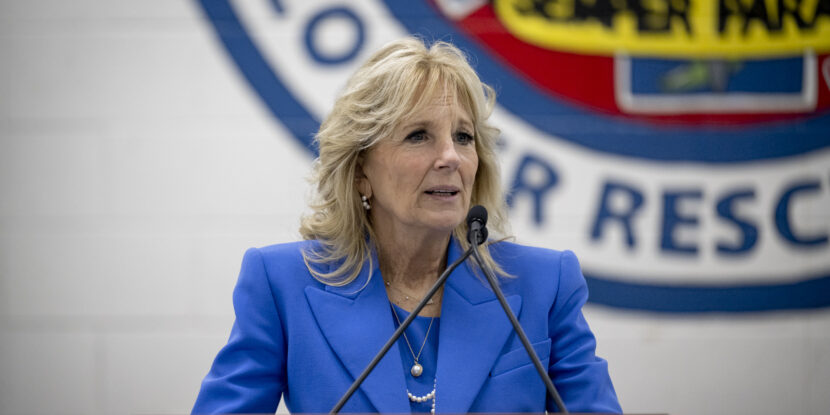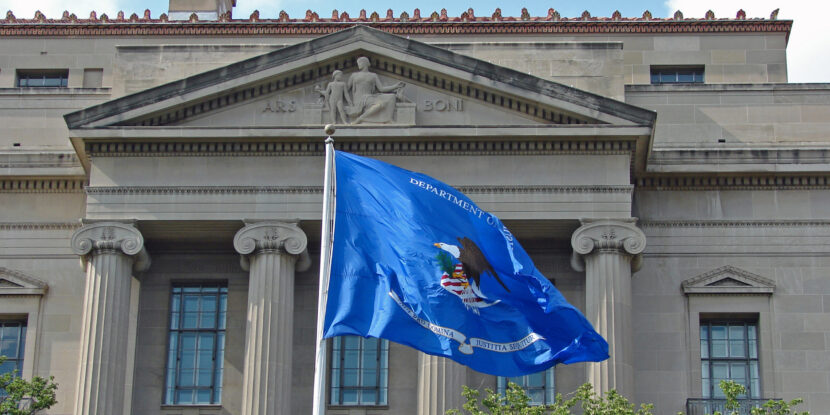PULSE POINTS:
❓What Happened: Gas prices this Memorial Day weekend are set to be the lowest since 2021, with inflation-adjusted costs hitting their lowest since 2003 (excluding COVID years), according to GasBuddy.
👥 Who’s Involved: President Donald J. Trump’s administration, GasBuddy, and millions of American travelers.
📍 Where & When: Nationwide, Memorial Day weekend 2024.
💬 Key Quote: “If you adjust for inflation and rising wages, Americans are actually going to spend the least amount filling up this Memorial Day since 2003, excluding COVID,” GasBuddy reports.
⚠️ Impact: Americans will save on fuel costs during one of the busiest travel weekends of the year, with lower gas prices celebrated across the country.
IN FULL:
Gas prices for Memorial Day weekend are set to hit their lowest levels since 2021, with inflation-adjusted costs marking the cheapest Memorial Day fill-ups since 2003, excluding the pandemic years, according to data from GasBuddy. Millions of Americans are expected to benefit from the reduced costs as they take to the roads for the holiday weekend.
The drop in fuel prices comes after President Donald J. Trump declared a National Energy Emergency on his first day in office, initiating measures to restore American energy independence and reverse the policies of the Biden government. Trump’s actions have been credited with revitalizing the nation’s energy sector and easing the burden on American consumers.
GasBuddy highlighted the significance of the price reductions, stating, “If you adjust for inflation and rising wages, Americans are actually going to spend the least amount filling up this Memorial Day since 2003, excluding COVID.”
The energy policy shift under the Trump administration has been credited with reversing what many saw as a restrictive approach to domestic energy production under the previous administration.
President Trump has already made several moves to lower energy prices and make America more energy independent. Since taking office in January, Trump has ended Biden-era anti-coal policies and scrapped other energy regulations, saving U.S. consumers upwards of $11 billion overall.
